When it comes to dressing sharp and making an impression, choosing the right brand for formal attire can make all the difference. From meticulously tailored suits to elegant blazers and sleek dresses, the world of formal wear offers a variety of options catering to different tastes and preferences. Whether you're aiming for a timeless classic look or a more contemporary style, there are brands that excel in crafting pieces that combine quality with sophistication. To explore some of the top brands that stand out in the realm of formal wear, read on below.
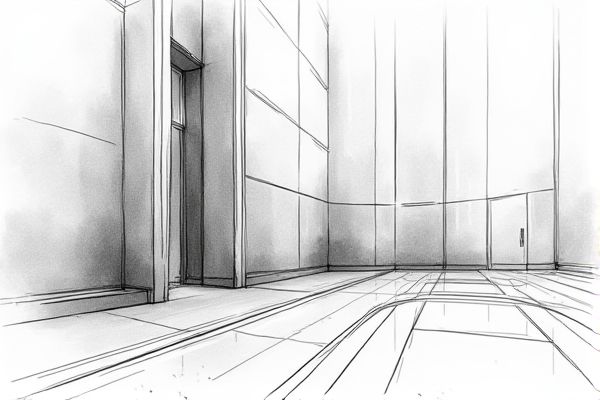
Illustration of formals
Best brands of formals in 2025
Brooks Brothers
Brooks Brothers is a renowned brand in the men's clothing industry, particularly celebrated for its high-quality formal wear. Founded with a rich history dating back to 1818, the company has maintained its reputation for classic, tailored pieces. Despite facing challenges such as a decline in suit demand and economic downturns, Brooks Brothers has adapted by updating its merchandising, presentation, and marketing strategies. Under the leadership of CEO Joseph Gromek in the late 1990s, the company embarked on an aggressive expansion, opening over 100 new stores and introducing new product lines. By 2002, Brooks Brothers operated 81 full-price stores and 59 factory outlet stores, and it continued to innovate with modern designs and high-tech fabrics. For more information about their products and store locations, visit their official website.
Hugo Boss
Hugo Boss is a leading global fashion and lifestyle company, renowned for its high-quality formalwear. In 2023, the company reported a 15% increase in sales, reaching a record EUR4.2 billion, with formalwear accounting for around 25% of the group's sales. The brand's formalwear offerings include a broad variety of sharp business outfits and elegant evening wear, with a modern interpretation that combines tailoring with comfort, such as super-stretchable and machine-washable styles. Despite the challenging global market environment, Hugo Boss achieved double-digit sales growth in all regions, highlighting the brand's resilience and strong market momentum. The company's "CLAIM 5" strategy has been instrumental in its success, focusing on digitalization, sustainability, and a seamless consumer experience. For more insights into their innovative strategies and product offerings, visit the Hugo Boss corporate website.
Armani
Armani, a renowned luxury fashion brand, stands out as a leading producer of formal wear, with a significant presence in the global formal dress market. The brand is part of the LVMH group and has been a major player in the industry, contributing to the market's growth, which is expected to boom rapidly. In 2023, the luxury apparel market, where Armani is a key player, was valued at USD 96.16 billion and is anticipated to grow at a CAGR of 6.53% from 2024 to 2033. Armani's formal wear segment dominates the market, with formal wear accounting for around 42.2% of the luxury apparel market share. The brand's commitment to elegance, sophistication, and refinement continues to drive consumer demand for high-quality luxury formal wear.
Ralph Lauren
Ralph Lauren is renowned as one of the premier producers of formal attire, boasting a market share of 4.59% in the apparel, footwear, and accessories industry as of Q3 2024. The brand, founded in 1967, has built a legacy on classic designs, high quality, and an elegant retail experience, with revenues reaching $6.44 billion globally in 2023. Ralph Lauren's portfolio includes 17 fashion brands, such as the iconic Polo Ralph Lauren and the luxurious Ralph Lauren Collection, catering to various market segments. The brand's retail strategy focuses on 'shops-within-shops' and boutique-style stores, with over 7,000 such outlets in North America alone. This approach has helped Ralph Lauren maintain its strong presence in the formal dress market, which is expected to grow at a CAGR of 7% from 2024 to 2031. For more information about their offerings, visit their official website.
Calvin Klein
Calvin Klein is a prominent global fashion brand renowned for its high-quality formal wear, including iconic designer jeans, underwear, and apparel. Established in 1968 in New York, the brand is known for its minimalist and sensual aesthetic, celebrating limitless self-expression. In 2023, Calvin Klein generated significant revenue, accounting for 43% of PVH Corp's total revenues, amounting to $3.915 billion, and drove strong consumer engagement, especially in Asia and North America. The brand's product range includes versatile and timeless pieces, such as its recognizable designer jeans and underwear, which are popular globally. Calvin Klein's inclusive philosophy is further strengthened by its unisex clothing range and inclusive sizing options.
Reiss
Reiss, a premium British fashion retailer, is renowned for its high-quality formal wear, having recovered strongly from the pandemic-induced losses in 2020. Despite a 24.6% drop in sales to £170.7 million in the year to January 2021, Reiss saw a significant 52% increase in sales to £124.2 million for the 30 weeks to August 2021, exceeding pre-pandemic levels by 8%. The brand, celebrating its 50-year history, has successfully introduced new casual collections and is set to launch its first childrenswear line. Reiss is also collaborating with luxury sports brand Castore and integrating its logistics with Next plc to enhance sales and operational efficiencies. With a strong return in sales of occasion and formal wear, Reiss remains a leading choice for stylish and elegant clothing.
Burberry
Burberry, a quintessential British luxury brand, is renowned for its high-quality formal wear, particularly the iconic Heritage Trench Coat, which has been a wardrobe staple for over a century. In the fiscal year 2023/24, Burberry reported total revenue of £2,968 million, with apparel growing 5% to 6%, despite a slight decline in overall revenue from the previous year. The brand's global presence spans over 140 countries and territories, solidifying its position in the luxury market. Burberry's commitment to innovation and sustainability continues to drive its growth, as evident from its recent advances in creative expression and values. The brand's performance is a testament to its enduring appeal in the formal wear segment. For more detailed insights, you can view the Burberry Annual Report and Accounts 2023/24.
Paul Smith
Paul Smith is a renowned British luxury fashion brand, particularly esteemed for its high-quality formal wear. In 2023, the brand generated approximately PS80 million in revenue in the UK, highlighting its strong market presence. Paul Smith's formal segment benefits from sustained demand, especially in sectors like finance, banking, and law, where formal dress codes are prevalent. The brand is expanding its presence in the U.S., with a 27% increase in its wholesale business in North America for the spring/summer 2024 season and a 21% increase in sales at its Melrose store. This growth underscores the brand's commitment to classic yet innovative formal attire. For more detailed statistics, explore the revenue statistics by geographical area.
Tom Ford
Tom Ford is a renowned brand in the men's suit market, known for its high-quality and stylish formal wear. As one of the key market players, Tom Ford International LLC contributes significantly to the global men's suit market, which was valued at $12.6 billion in 2022 and is projected to reach $20.2 billion by 2032, growing at a CAGR of 4.9%. The brand's focus on premium materials and tailored fits aligns with the increasing demand for formal suits, particularly in sectors like finance, banking, and law. The formal segment, which dominated the market in 2022, is expected to continue its leadership throughout the forecast period, driven by stringent corporate dress codes and growing middle-class populations in emerging nations. Tom Ford's commitment to style and functionality makes it a preferred choice for fashion-conscious consumers.
J.Crew
J.Crew is a renowned American retailer celebrated for its high-quality, classic American style, particularly in the realm of formal and smart casual wear. Since its inception in 1983, J.Crew has been a staple for young professionals and fashion-conscious individuals, offering a range of luxurious fabrics and intricate designs, as seen in its J.Crew Collection introduced in 2006. The brand's influence was further solidified during the Obama presidency, with First Lady Michelle Obama frequently wearing J.Crew clothing. In 2018, women's apparel accounted for 57% of J.Crew's global revenue, highlighting the brand's strong presence in the women's formal wear market. Despite facing challenges, J.Crew continues to evolve, focusing on sustainability, inclusive sizing, and digital innovation. For an in-depth look at their marketing strategies, visit the Brand Hopper's comprehensive analysis.










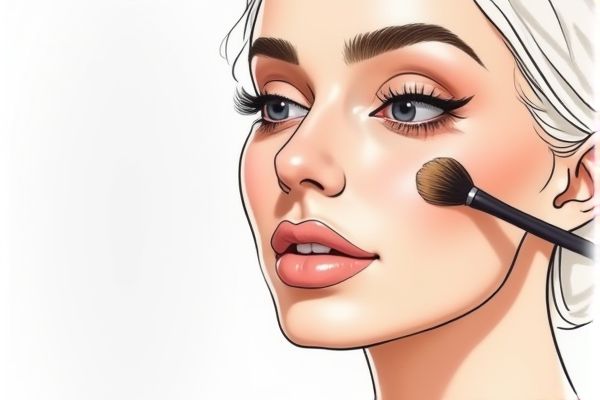
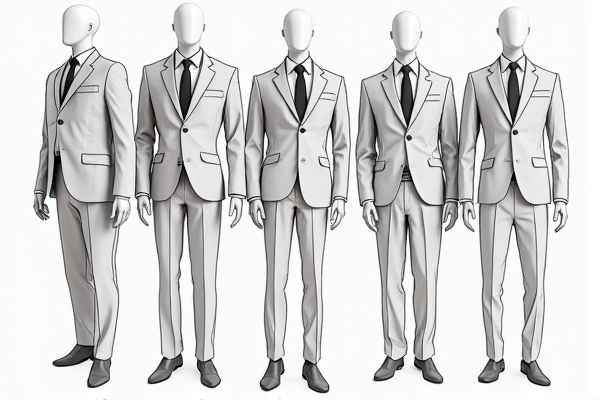
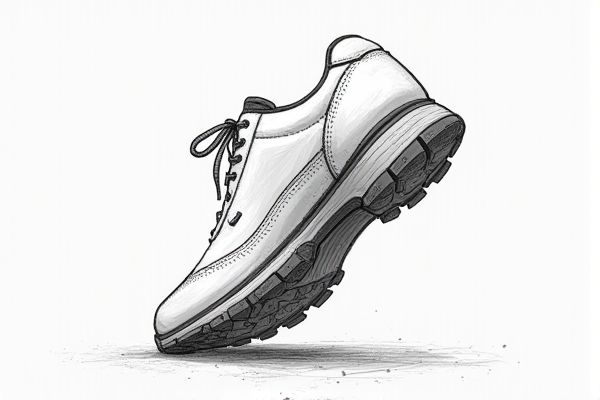
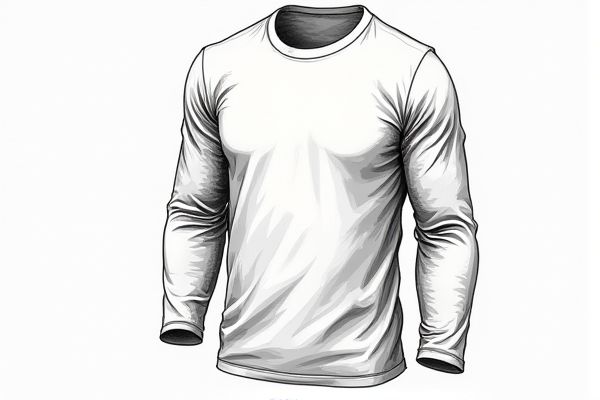
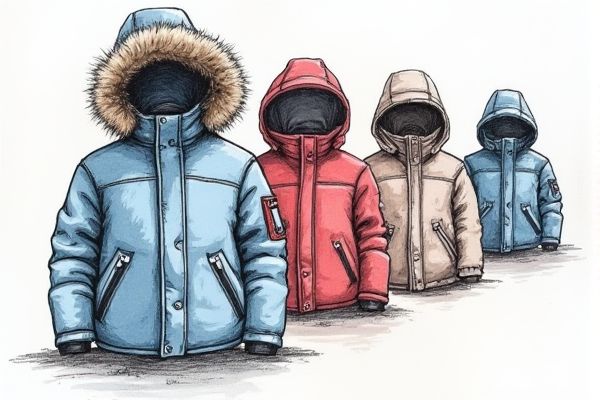
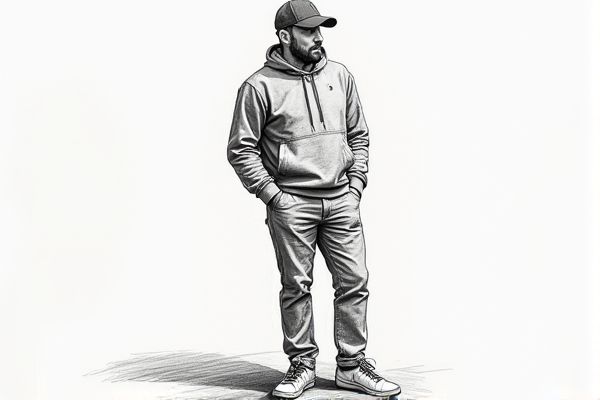
Leave a Reply
Your email address will not be published.